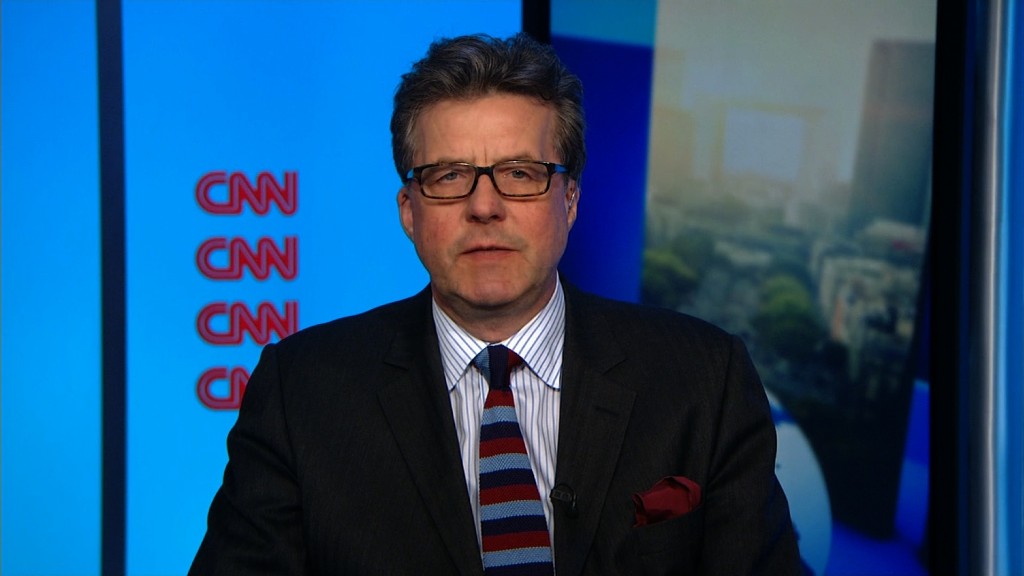
Neel Kashkari is hardly a radical. But he is advocating what many in Wall Street and Washington think is a far-out idea -- possibly breaking up the nation's big banks.
Kashkari, the new president of the Federal Reserve Bank of Minneapolis, gave his first speech in that post Tuesday, saying more needs to be done to make sure that taxpayers don't need to bail out banks again, the way they did in 2008.
"I do not think we've gone far enough to end too big to fail," he said, using the phrase that often describes the nation's largest banks.
"We must begin this work now and give serious consideration to a range of options, including ... breaking up large banks into smaller, less connected, less important entities," he said.
Other proposals he said should be considered include requiring banks to have much more capital on hand to weather future financial crisis, and changes in tax laws to discourage large banks from assuming too much risk.
Kashkari was at ground zero of the last bank bailout during the financial crisis of 2008. At the time he was a former executive from Goldman Sachs (GS) working at the Treasury Department. He subsequently became a Republican candidate for governor of California.
Related: The $700 million man just got hired by the Fed
The fact that he was the one making the proposal was itself somewhat radical.
"There are lines in your speech that I can imagine a Bernie Sanders or Elizabeth Warren saying," said event moderator David Wessel, a former Wall Street Journal editor. "It's not what one expects from a Goldman Sachs Republican who was responsible for ripping off the taxpayers during [the bailout]."
In fact, after the speech Sanders issued a statement saying he was "delighted" by Kashkari's desire to break up banks.
"If a bank is too big to fail, it is too big to exist," said the Democratic presidential candidate.
Kashkari defended the 2008 bailout, pointing out that taxpayers made a profit on the money that was given to banks. He said it was the right thing to do, given the risk posed to the economy if the large banks had failed. But he said there needs to be more done to ensure the same scenario doesn't happen again.
"The right solution is to take the bold action in advance," he said.
Related: Forget oil prices. Banks are killing your portfolio
Kashkari said that the financial regulatory reform known as Dodd-Frank, which is supposed to prevent future bailouts, has made the financial system safer than it was, but it doesn't gone far enough.
"In the immediate aftermath of the crisis, when the Dodd-Frank Act was passed, the economic outlook was perhaps too uncertain to take truly bold action. But the economy is stronger now, and the time has come to move past parochial interests and solve this problem," he said. "The risks of not doing so are just too great."


